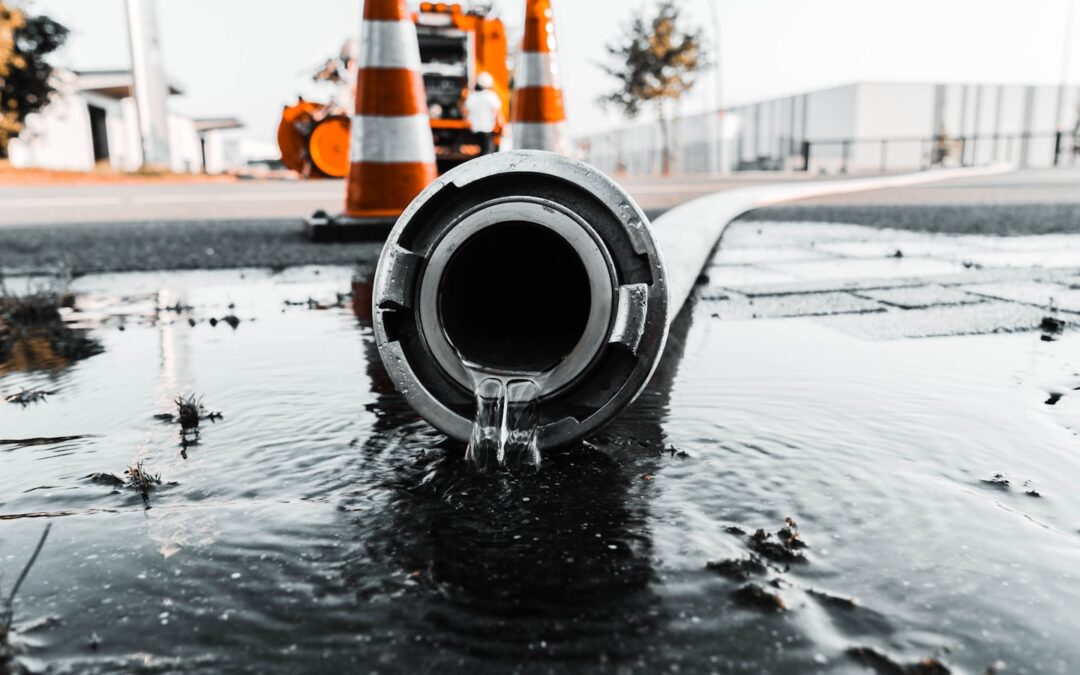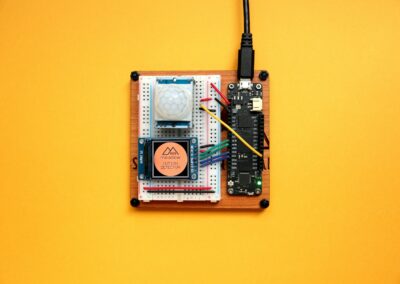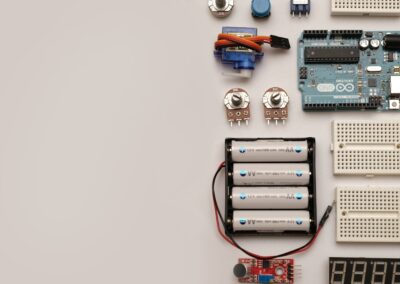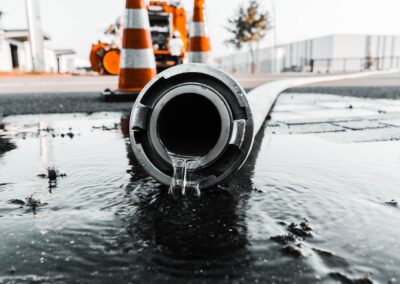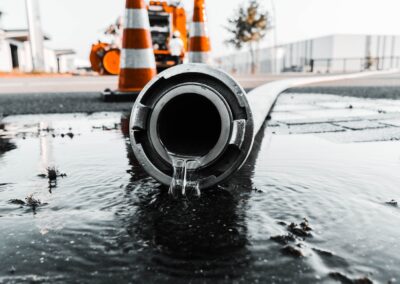The Role of AI Algorithms in Modern Leak Detection Systems
Transforming Accuracy with AI Algorithms
In the realm of leak detection, AI algorithms are emerging as a game-changer by significantly enhancing the accuracy of identifying leaks. Traditional methods often rely on manual inspection and limited sensor data, which can be prone to errors and delays. AI-powered systems leverage advanced algorithms to analyze large volumes of data from multiple sensors in real-time, dramatically improving the precision of leak detection. For example, machine learning models can be trained to recognize patterns and anomalies in sensor data that might indicate the presence of a leak. This allows for quicker and more accurate identification compared to conventional techniques. In industries such as oil and gas or water utilities, where even minor leaks can lead to substantial financial and environmental consequences, this enhanced accuracy is crucial. By reducing false positives and negatives, AI algorithms help in prioritizing maintenance efforts, thereby optimizing resource allocation and minimizing operational disruptions.
Accelerating Leak Identification with AI
Speed is a critical factor in effective leak management, and AI algorithms are designed to accelerate the identification process significantly. Traditional leak detection systems may involve time-consuming procedures, including manual checks and delayed data processing. In contrast, AI algorithms enable real-time analysis of data from leak detection systems. They can quickly process and interpret sensor readings, offering immediate insights into potential leak sites. For instance, AI can use predictive analytics to forecast potential leak locations based on historical data and current trends, allowing for proactive rather than reactive measures. This rapid identification reduces downtime and helps in mitigating damage before it escalates. In fast-paced environments where time is of the essence, such as in manufacturing or infrastructure management, AI’s capability to swiftly pinpoint leaks translates into substantial cost savings and operational efficiency.
Integrating AI with Existing Systems
Integrating AI algorithms with existing leak detection systems presents a strategic advantage for many businesses. Modern systems can be enhanced by incorporating AI without the need for complete overhauls. The integration involves embedding AI algorithms into the current infrastructure to augment its capabilities. This approach is particularly beneficial for industries operating in regions like Saudi Arabia, the UAE, Riyadh, and Dubai, where advanced infrastructure is prevalent and the need for efficient leak detection is high. AI integration allows for seamless enhancements in system performance, providing a layer of intelligence that traditional methods lack. By leveraging AI’s analytical power, businesses can achieve a more comprehensive understanding of their operational environment, leading to improved leak detection and management practices. This integration not only boosts system efficiency but also aligns with the region’s commitment to technological advancement and innovation.
Enhancing Predictive Maintenance
One of the most significant advantages of AI algorithms in leak detection systems is their role in enhancing predictive maintenance. Predictive maintenance involves forecasting potential issues before they become critical, allowing for timely interventions. AI algorithms analyze historical and real-time data to predict when and where leaks are likely to occur. This proactive approach enables businesses to perform maintenance activities before a leak causes significant damage or disruption. For industries in rapidly developing areas like Riyadh and Dubai, where infrastructure expansion is constant, predictive maintenance facilitated by AI ensures that systems remain reliable and efficient. By minimizing unexpected failures and extending the lifespan of equipment, predictive maintenance contributes to overall cost savings and operational stability.
Improving Operational Efficiency
AI algorithms in leak detection systems contribute to improved operational efficiency by streamlining processes and reducing manual intervention. The automation of data analysis and leak identification processes allows personnel to focus on critical decision-making rather than routine inspections. This efficiency is particularly valuable in complex systems where manual monitoring would be labor-intensive and error-prone. In the context of business environments in Saudi Arabia and the UAE, where there is a strong emphasis on technological innovation and operational excellence, integrating AI into leak detection systems aligns with the broader goal of enhancing productivity. The efficiency gains translate into better resource management and a more responsive approach to leak detection and resolution.
Supporting Sustainable Practices
AI-driven leak detection systems also play a crucial role in supporting sustainable practices. By improving the accuracy and speed of leak identification, AI helps in minimizing environmental impact and conserving resources. Leaks, if not detected and addressed promptly, can lead to wastage of valuable resources and environmental damage. AI algorithms help in reducing the environmental footprint by ensuring that leaks are promptly identified and addressed. In regions like Saudi Arabia and the UAE, where there is a strong focus on sustainability and environmental stewardship, AI-enhanced leak detection aligns with these values. By integrating AI into their systems, businesses can contribute to a more sustainable future while maintaining operational efficiency and effectiveness.
#AIAlgorithms #LeakDetection #ArtificialIntelligence #PredictiveMaintenance #OperationalEfficiency #SustainablePractices #TechInnovation

